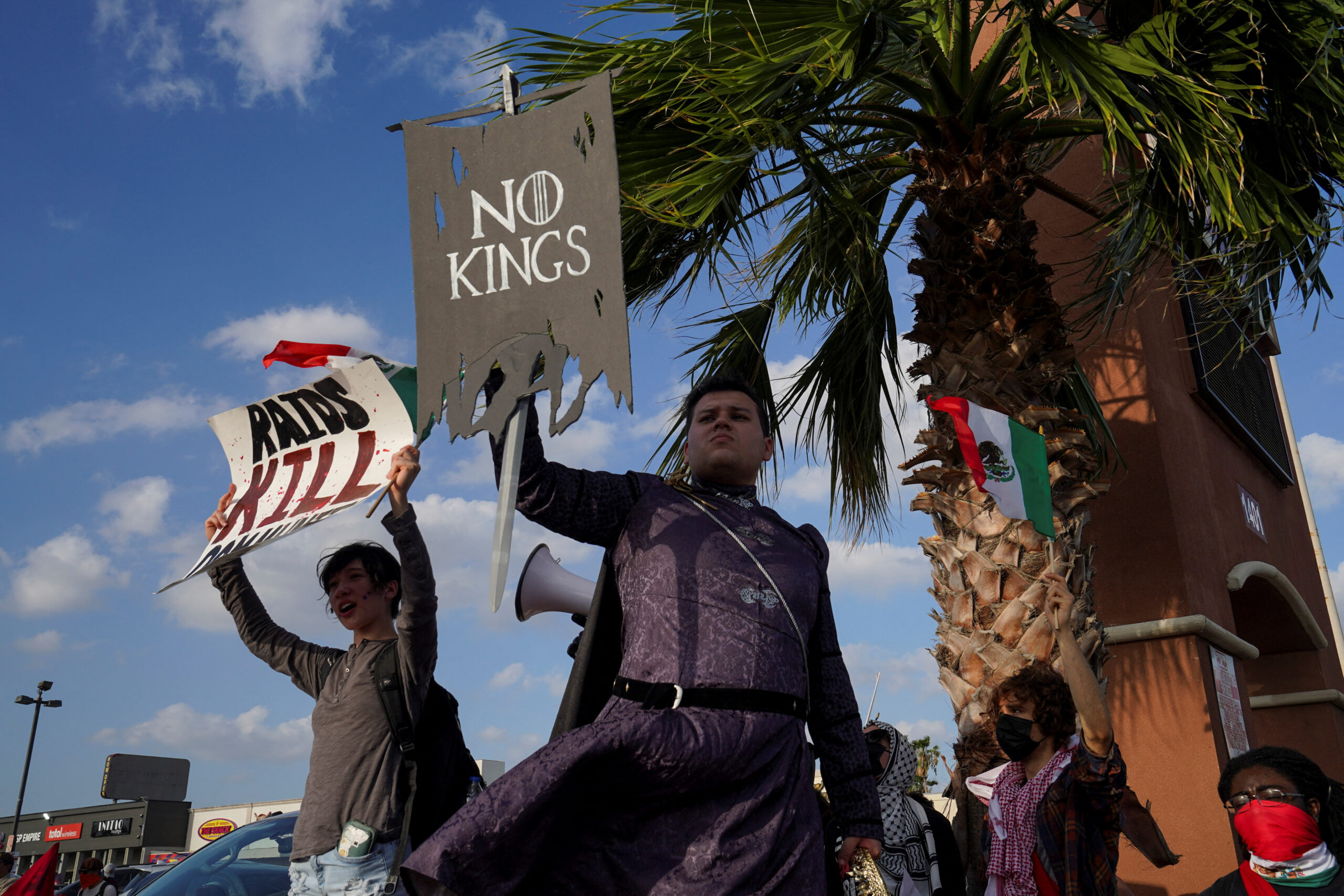Dan Proft and Amy Jacobson welcomed Chadwick Moore, columnist and author of the bestselling biography Tucker, to unpack the weekend’s political protests, shifting cultural dynamics around Pride Month, and intra-conservative debates over foreign policy.
The conversation opened with discussion of the “No Kings” rallies held nationwide, aimed at protesting perceived authoritarianism and government overreach. Moore and the hosts framed the protests as examples of political hypocrisy, citing what they described as one-party rule in cities like New York, Chicago, and Los Angeles. Moore argued that these urban areas, governed predominantly by Democrats, show more signs of authoritarianism than the federal government under either party.
Turning to immigration, Moore critiqued recent media portrayals of ICE operations, pointing to one in Los Angeles where a report suggested agents were targeting a pregnant woman. In fact, according to reports, the target was her husband, a previously deported felon with convictions for drug trafficking and assault. Moore and the hosts described the backlash to such enforcement efforts as misinformed, suggesting the true cruelty lies in encouraging illegal immigration in the first place.
They also addressed a recent New York Post story that estimated nearly one million immigrants self-deported under former President Trump—a figure Moore and Proft argued showed the deterrent effect of stronger enforcement policies.
Moore then shifted focus to Pride Month, citing declining corporate sponsorships for large Pride events as a potential sign of public fatigue with politicized identity campaigns. He noted that events, including the flagship parade in New York City, are facing budget shortfalls after sponsors like Pepsi and Garnier pulled back funding. Moore suggested that many companies may have supported such events in prior years under political pressure but are now reevaluating in light of changing public sentiment and increasing scrutiny over the nature of the events themselves.
The interview also explored Moore’s recent commentary on divisions within conservative media, particularly surrounding foreign policy and the role of the U.S. in the Middle East. Moore defended Tucker Carlson’s growing criticism of U.S. support for Israeli military actions and his calls for non-interventionism, emphasizing that Carlson’s position stems from a consistent America-first worldview rather than foreign influence. He addressed unproven allegations that Carlson’s new media venture is backed by the Qatari government, calling them speculative and unsupported by any credible evidence.
While Moore acknowledged the sensitivity of the Israel debate within conservative circles, he cautioned against using cancellation tactics against voices like Carlson who advocate for a more restrained U.S. foreign policy.
Throughout the conversation, Proft and Jacobson echoed many of Moore’s critiques of both left-wing politics and the mainstream media, casting recent events as examples of narrative distortion and ideological intolerance. Moore’s remarks underscored his belief that political movements on both sides are at risk of alienating everyday Americans by abandoning debate in favor of outrage and rigidity.
Moore’s comments reflected a broader tension within the political right—balancing nationalist populism with traditional conservatism, and debating how best to respond to cultural and geopolitical change.





